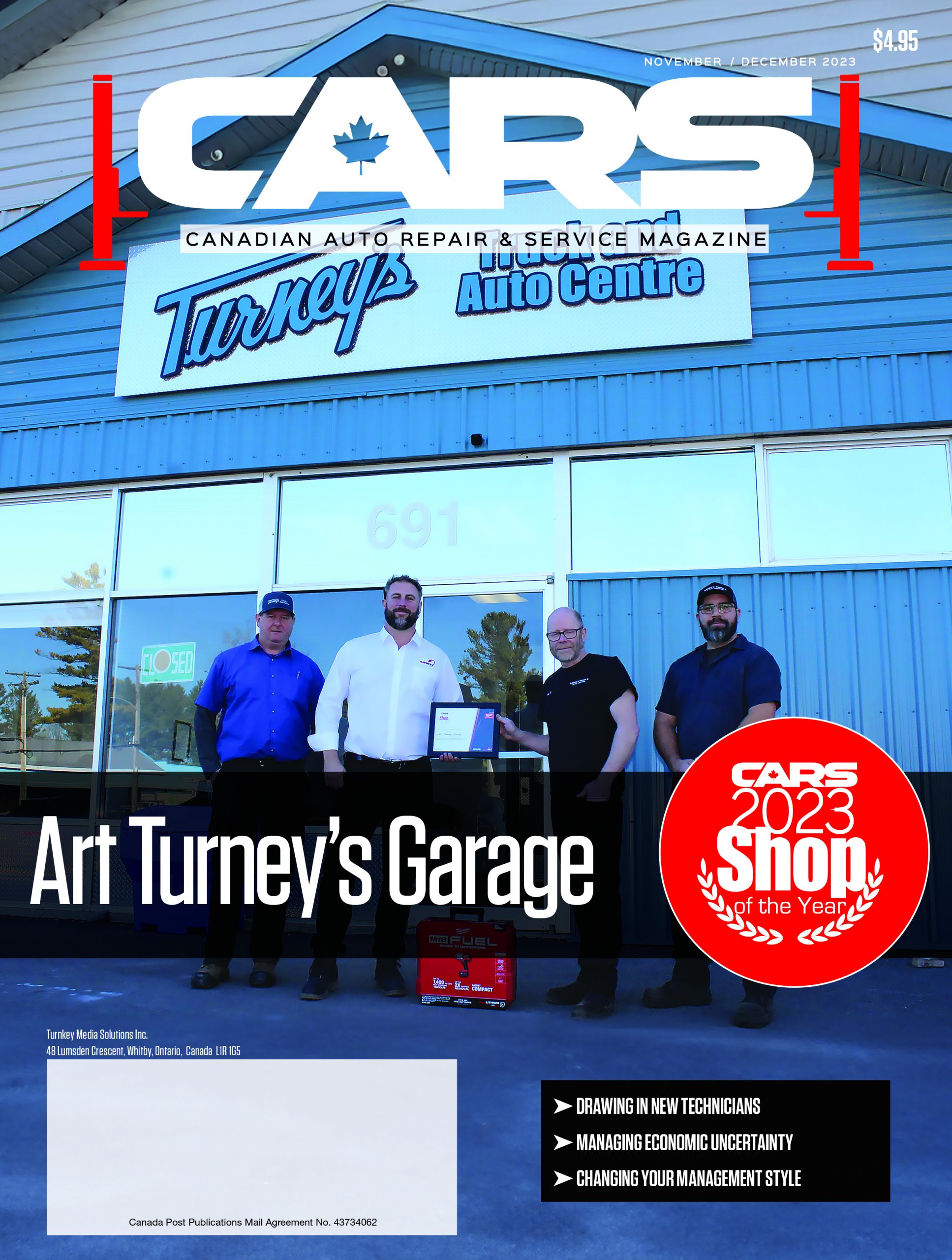
What you should know about coronavirus & car cleaning

At the beginning of 2020, the world was hit with COVID-19 and thus, a global pandemic ensued.
People started to become more aware of sanitizing and disinfecting surfaces to keep themselves safe from the virus.
Nowadays, wearing a mask and carrying hand sanitizer is considered normal, especially when touching high-touch areas.
One of the places that should be closer examined is personal vehicles. Many people get into their vehicle, remove their masks, and drive home without even washing their hands first.
Without proper cleaning, individuals are at risk of actually bringing COVID-19 into the car by means of touchpoint transmission, where it can survive on surfaces for days.
What’s more, those who do not first sanitize their hands after touching high-risk surfaces and then remove their masks (thus touching their hands near the eyes, nose and mouth), could easily catch and spread the virus.
The following is a proper and thorough cleaning procedure to adhere to that everyone can benefit from during the pandemic.
Carefully inspect high contact surface areas
Door handles, steering wheels, dashboards, control buttons, radio/climate controls, and touchscreens are all considered high contact surface areas in your car, state the experts at Globe Car & Truck Rentals.
These are the areas in any vehicle that are touched most often.
If nothing else in the vehicle is disinfected, these parts should take priority.
It’s always a good idea to disinfect these areas after visiting a populated area, where one may have touched several touchpoints, like a grocery store, or a school. This guarantees that the next drive is safe and sanitized for the driver and their passengers.

Use the correct disinfectants
Not every interior car cleaner will get the job done. It’s important to use one of the approved COVID-19 disinfectants with active ingredients to kill all traces of the virus.
Natural cleaners or air fresheners won’t work either.
The vehicle may appear cleaner than before, but it won’t be disinfected.
Cleaning is getting rid of dirt and debris, while disinfecting is sanitizing the surfaces and getting rid of invisible harmful particles.
Limit passengers
It’s known that COVID-19 is airborne.
This is why people are encouraged to have small events, restaurant meals, and other gatherings outside. The virus can pass from one person to another much more quickly in confined places.
This is also true in the context of a vehicle.
To keep the vehicle a safe zone, owners should limit the number of passengers. Those who choose to transport passengers should do a deep clean afterwards.
Along with the high contact areas, take the time to spray the seats, seat belts, floors, and windows.
While it may seem extreme, COVID-19 has been proven to survive on surface areas for several days, and some individuals are asymptomatic. It’s better to take a few extra steps than get infected or spread it to more people.

Deep clean once a week
Spraying down high contact surfaces after each drive is a good start. Vehicle owners should also spend some time once a week to do a deep disinfecting on all parts of the vehicle.
Another area to pay attention to is the interior windshield.
Saliva from a cough or a sneeze can linger on the windows, so it’s important to sanitize the vehicle very well, so that any items, such as groceries, that may enter the home, do not become contaminated.
The road visor should also be disinfected, as it could have been touched while driving. The backseats should also be disinfected at least once a week. Even without passengers, particles could have traveled there from the front.
The bottom line
By wearing a mask, disinfecting, practicing proper handwashing, and practicing social distancing, especially in populated areas, individuals minimize their risk of contracting the virus.
All of these procedures should be practiced in a vehicle, too.
To keep their vehicle safe, owners are encouraged to sanitize high contact areas, use the correct products, limit their passenger load, and do a deep clean once a week.
Together, these actions will reduce the chances of contracting or spreading COVID-19.
Print this page
.png)








It is very important that we should know how to clean our car, especially in this pandemic where we have to double check the disinfection we’ve done to it. We should protect ourselves from the virus. Thank you for sharing this article.